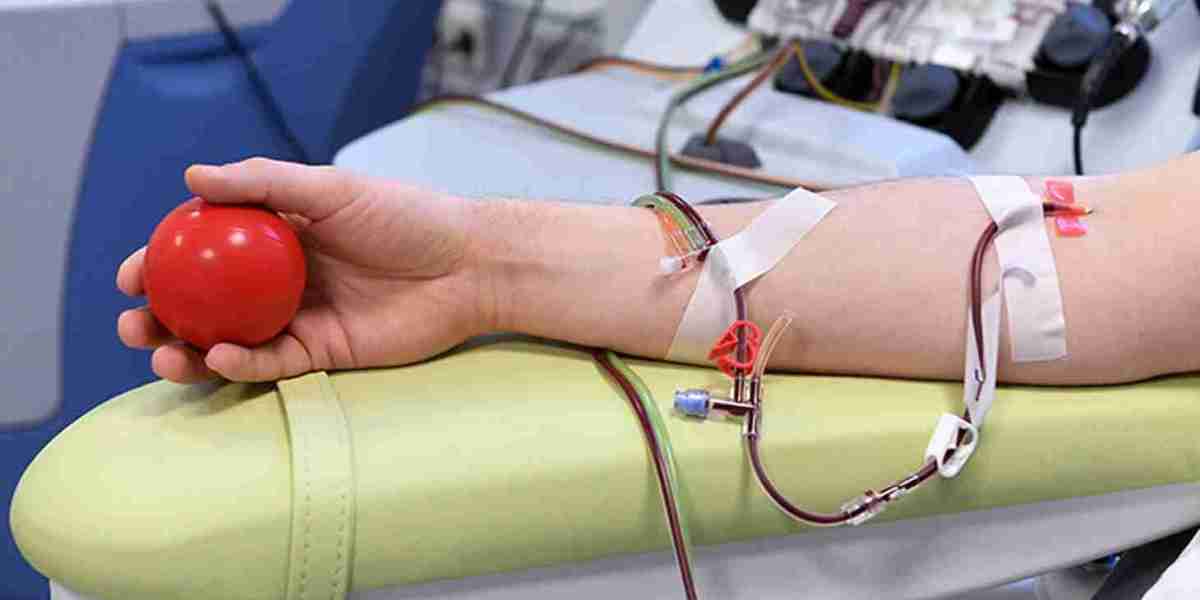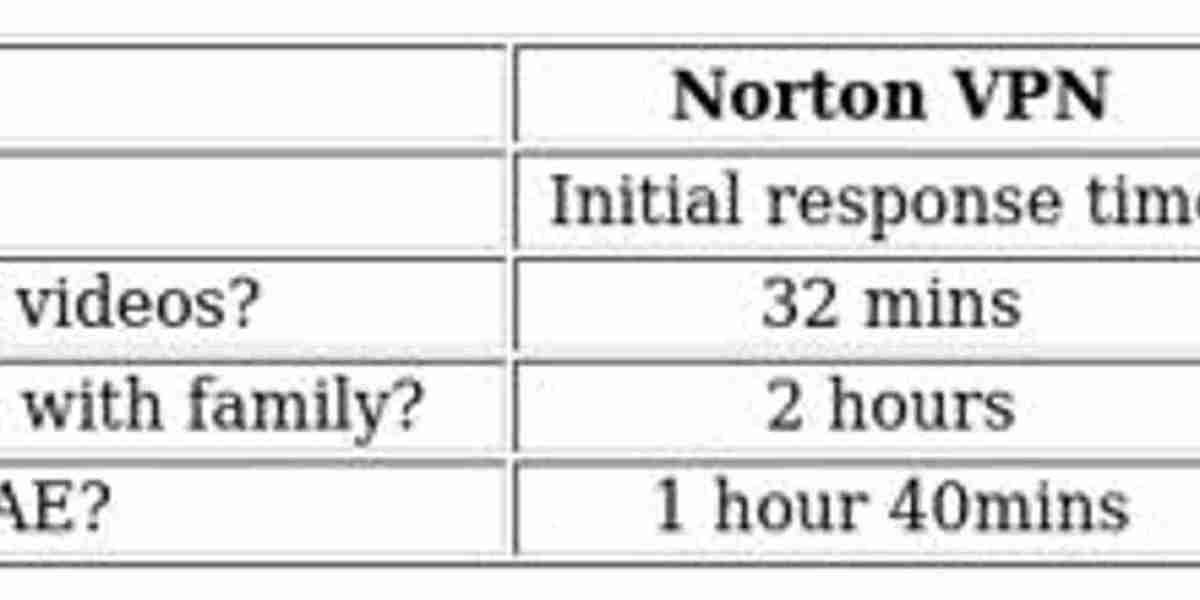The apheresis market is witnessing a significant shift as its applications in oncology and immune disorder treatment continue to expand rapidly. Traditionally associated with blood donation and select therapeutic uses, apheresis is now emerging as a frontline intervention in complex disease management, driven by rising global cancer rates and increasing diagnoses of autoimmune and immune-related conditions.
In oncology, apheresis has become a critical component of advanced treatment modalities, particularly in cellular therapies. Procedures such as chimeric antigen receptor T-cell therapy rely on apheresis to collect specific immune cells from a patient’s blood. These cells are then modified in the laboratory to target and destroy cancer cells before being reintroduced into the patient’s body. The precision and efficiency of modern apheresis systems make them ideal for such targeted therapies, which require the extraction of only the most viable and relevant cells.
Beyond cell therapy, apheresis is also being used to manage cancer-related complications. For instance, patients with leukemia or multiple myeloma may experience elevated white blood cell counts or increased viscosity of the blood conditions that can be alleviated through therapeutic apheresis. By removing excess cells or proteins, the procedure helps stabilize patients and prepare them for more aggressive treatments like chemotherapy or bone marrow transplantation.
The growing burden of immune disorders is another major factor driving demand in the apheresis market. Conditions such as myasthenia gravis, systemic lupus erythematosus, and Guillain-Barré syndrome often involve the presence of harmful antibodies or immune complexes in the bloodstream. Apheresis procedures, particularly plasma exchange, enable the selective removal of these disease-causing substances, offering rapid symptom relief and improving patient quality of life. As awareness and early diagnosis of such diseases improve, the number of patients benefiting from apheresis is steadily increasing.
In addition to its therapeutic versatility, the ability of apheresis to deliver rapid results without the long-term side effects of immunosuppressive drugs makes it a valuable tool in both acute and chronic care settings. Physicians are turning to apheresis not just as a last resort, but as part of integrated treatment plans that combine biological, pharmacological, and procedural approaches.
In conclusion, the apheresis market is entering a dynamic growth phase, fueled by its expanding role in oncology and immune disorder treatment. With technological advancements, broader clinical adoption, and rising patient demand, apheresis is poised to become a cornerstone of personalized and precision medicine in the years ahead.


![Nicholas Williams Arthuer - Rising Football Star [Guide]](https://pungi.b-cdn.net/upload/photos/2024/10/lrGodFAZOQ1RbmDvTcZH_03_a959d7c70209f51879995f19ddc7766e_image.png)

